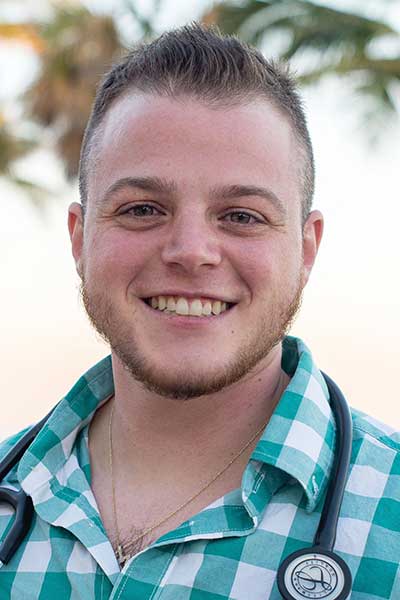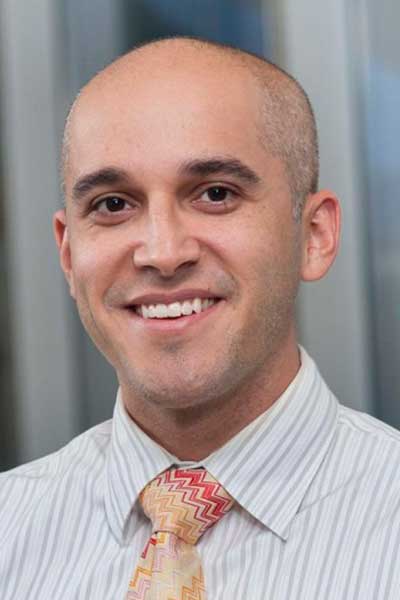Understanding the unique needs of lesbian, gay, bisexual, and transgender patients is an important step in providing the best care. A Sunday, Nov. 12, session will help attendees identify and mitigate potential challenges to addressing the health needs of their gender-minority patients.
Empowering Rheumatology Professionals in Caring for Gender Diverse Populations will begin at 9 a.m. PT in Room 25A-C of the San Diego Convention Center. The session will be available on demand within 24 hours of the live presentation for registered ACR Convergence 2023 participants.
The session is intended to address how to mitigate implicit bias toward LGBTQIA+ people. Speakers will discuss how to build an inclusive and affirming healthcare environment for patients and staff who identify as lesbian, gay, bisexual, transgender, queer, and other sexual and gender minorities.

“We want everyone that comes through our hospital or clinic to feel welcome,” said Cameron Nicholson, PA-C, Physician Assistant at the Hospital for Special Surgery, an academic medical center that specializes in orthopedic surgery and the treatment of rheumatologic conditions.
In addition to being a healthcare provider, Mr. Nicholson has experienced bias while receiving healthcare as a transgender patient. Mr. Nicholson was frequently made uncomfortable upon sharing that his gender identity was different than his assigned sex at birth. He was often misgendered and had to teach providers how to care for him.
“There were definitely a lot of challenges, but it has made me a better provider for it,” said Mr. Nicholson, who is a past president of the LBGT PA Caucus and has co-written numerous policies ensuring LGBTQ+ patients’ rights are protected that have been adopted by the American Academy of Physician Assistants.
Nelson Sanchez, MD, will review how to better approach a gender-diverse patient in specific scenarios and how providers can make all patients feel more comfortable.

There are nonverbal ways to signal to LGBTQIA+ patients that they are in a safe and welcoming place, said Dr. Sanchez, Associate Professor of Clinical Medicine at Weill Cornell Medicine and an internist at New York’s Memorial Sloan Kettering Cancer Center, where he provides urgent care to cancer patients. In addition, he has received a National Institutes of Health grant to educate researchers on best practices for treating LGBTQIA+ patients. He chairs the Weill Cornell Medicine LGBTQ+ Steering Committee.
Using language that is welcoming, displaying photos showing gender-diverse families, posting nondiscrimination policies, providing gender-neutral bathrooms, having inclusive intake forms, wearing pronoun labels on uniforms, and displaying rainbow or transgender flags are among some of the ways to promote a more inclusive, safe environment.
Anyone who interacts with patients in a healthcare setting should attend this session, including clinicians, staff, case managers, and hospital administrators, Dr. Sanchez said.
Attendees will learn concepts and terminology related to LGBTQIA+ identities, as well as the effects of stigma, minority stress, and health disparities experienced by LGBTQIA+ people in the healthcare setting.
While the information may be new to some, the session will serve as a check-up for healthcare providers who have already addressed some of the interrelated issues regarding LGBTQIA+ patients and staff.
“I think a lot of people assume their clinical spaces are welcoming, but this is a good time to review practices,” Dr. Sanchez said.
Register Today for ACR Convergence 2024

If you haven’t registered for ACR Convergence 2024, register today to participate in this year’s premier rheumatology experience, November 14–19 in Washington, D.C. All registered participants receive on-demand access to scientific sessions after the meeting through October 31, 2025
